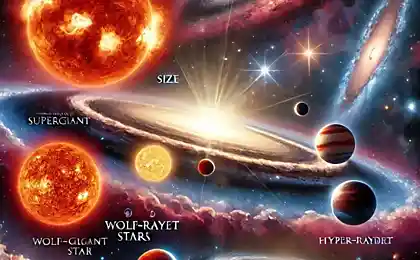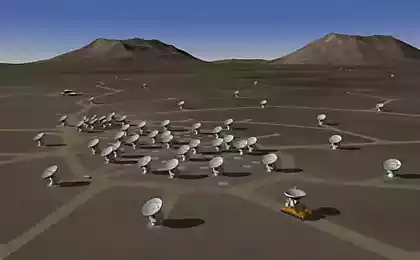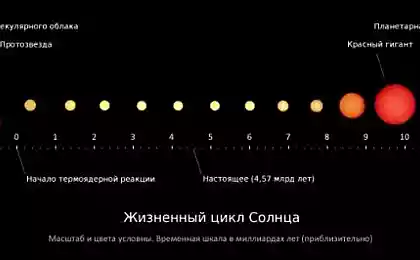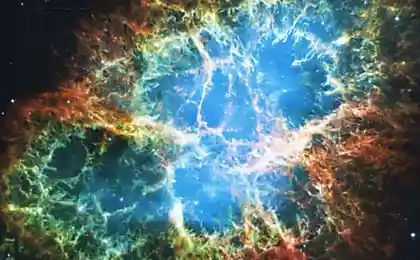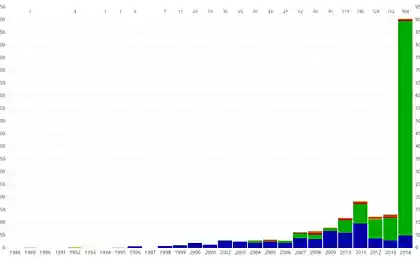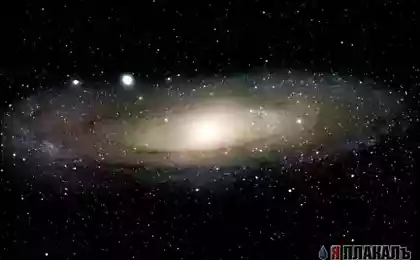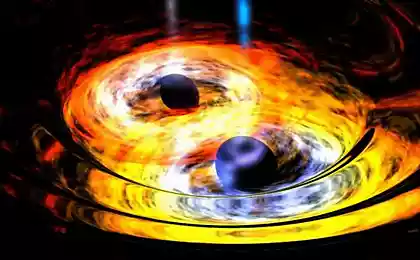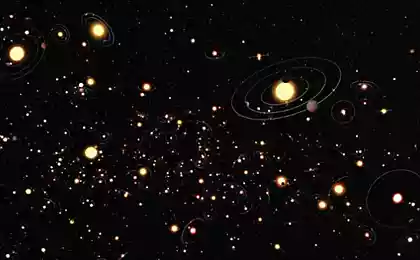855
Awareness
Universe - has no strict definition of the concept in astronomy and philosophy [comm. 1]. It is divided into two fundamentally different entities: the speculative (philosophical) and material available observations in the present or in the foreseeable future. If the author distinguishes between these entities, following the tradition, the first is called the Universe, and the second - the astronomical universe, or Metagalaxy (recently, the term is almost out of use). The universe is the subject of cosmology.
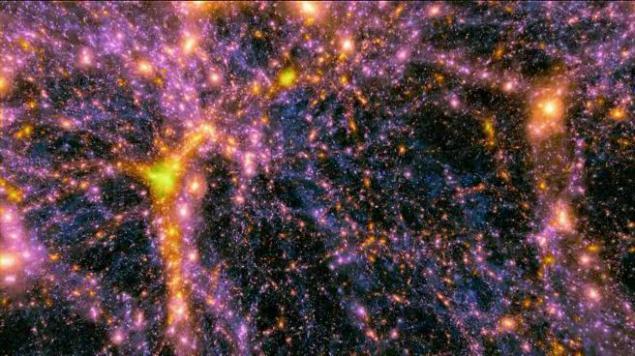
The scale of the universe (Powers of Ten in 1977)
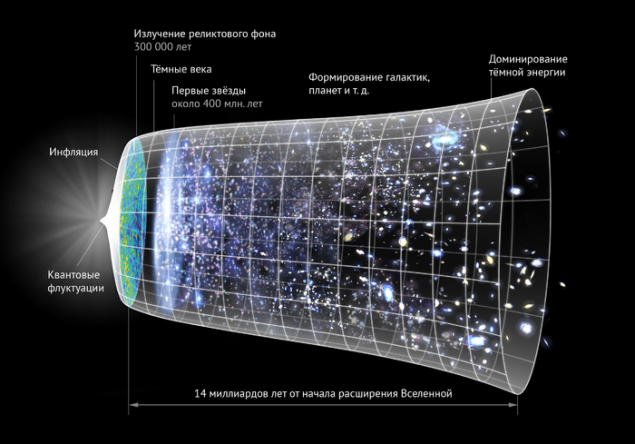
Introducing the universe as a whole the world, we just make it a unique and unique. And at the same time depriving themselves of the opportunity to describe it in terms of classical mechanics, because of its unique universe with nothing he can not communicate, it is - a system of systems, and therefore its relation to lose their sense of such concepts as weight, shape, size. Instead, one has to resort to the language of thermodynamics, using concepts such as density, pressure, temperature, chemical composition.
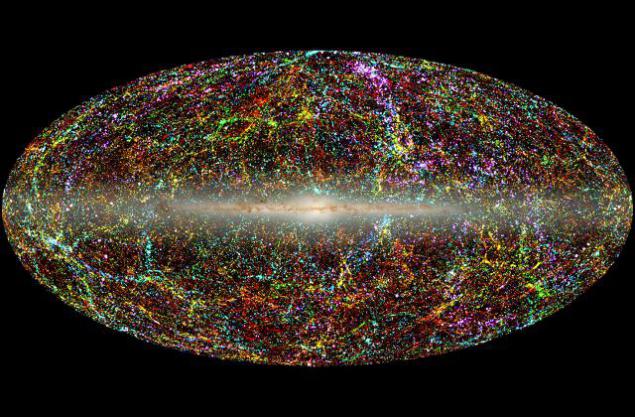
However, the universe bears little resemblance to a conventional gas. Even at the largest scale we are faced with the expansion of the universe and the relic background. Nature first phenomenon - the gravitational interaction of all existing facilities. It was his development of the future of the universe is determined.
The second phenomenon is the legacy of earlier eras, when the light of the hot Big Bang practically ceased to interact with matter, separated from it. Now because of the expansion of the universe in the visible range of the majority of the emitted photons then passed into the microwave radio band.
--img4--
Comparisons of the size of the planets, stars and galaxies.
--img5--
Source:

The scale of the universe (Powers of Ten in 1977)

Introducing the universe as a whole the world, we just make it a unique and unique. And at the same time depriving themselves of the opportunity to describe it in terms of classical mechanics, because of its unique universe with nothing he can not communicate, it is - a system of systems, and therefore its relation to lose their sense of such concepts as weight, shape, size. Instead, one has to resort to the language of thermodynamics, using concepts such as density, pressure, temperature, chemical composition.

However, the universe bears little resemblance to a conventional gas. Even at the largest scale we are faced with the expansion of the universe and the relic background. Nature first phenomenon - the gravitational interaction of all existing facilities. It was his development of the future of the universe is determined.
The second phenomenon is the legacy of earlier eras, when the light of the hot Big Bang practically ceased to interact with matter, separated from it. Now because of the expansion of the universe in the visible range of the majority of the emitted photons then passed into the microwave radio band.
--img4--
Comparisons of the size of the planets, stars and galaxies.
--img5--
Source:
